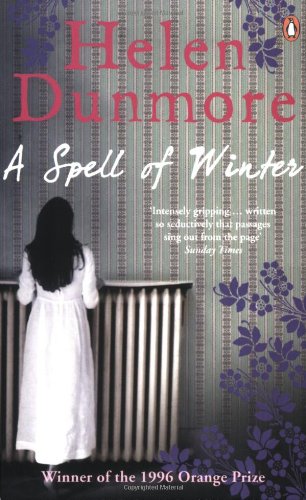I have been BURSTING to say something for almost a month...
On Weds 28th August my novel went out on submission. I expected to hear whether there had been any interest in it by mid October, but forty eight hours later I received a call from my agent: 'You'd better sit down, Carys,' she said. And then she told me that a publisher had made a pre-emptive bid for my book.
A second phone call followed - sit down, again. Another publisher had matched the first offer.
It was still the summer holidays and the children were at home. When they realised what was happening they went wild, dashing around the house, hugging each other and spending imaginary money on extraordinary Lego sets (it's a Lego cinema - how could anyone resist?).
As it was a Friday, things stopped there for the weekend, with two publishers bidding for the book. Sons 2 and 3 made a special celebration cake for tea (by themselves - clearly emboldened by our recent Come Dine With Me experience). It was lovely.
The following Monday morning, I popped to London to meet some publishers. It was utterly overwhelming and wonderful. The visit kicked off an auction involving four amazing publishers - I would have been ecstatic to be published by any of them.
 At the end of an almost sleepless week, the auction finished with two of the publishers making very similar final bids. I decided to go with Hutchinson, part of Random House.
At the end of an almost sleepless week, the auction finished with two of the publishers making very similar final bids. I decided to go with Hutchinson, part of Random House.
Hutchinson publish some fabulous authors.
This is how I feel inside:

YIPEE!
YIPEE!
YIPEE!
YIPEE!
 When the auction ended I took the children to Frankie and Bennys to celebrate. They made the most of the excitement and ordered starters, fizzy drinks and anything/everything else they fancied.
When the auction ended I took the children to Frankie and Bennys to celebrate. They made the most of the excitement and ordered starters, fizzy drinks and anything/everything else they fancied.
A day or two later, a big bunch of flowers arrived from Hutchinson. They're still on my dining room table; the lilies have opened like stars and every time I look at them I feel like dancing.

Here is a link to today's announcement of the deal in The Bookseller.
On Weds 28th August my novel went out on submission. I expected to hear whether there had been any interest in it by mid October, but forty eight hours later I received a call from my agent: 'You'd better sit down, Carys,' she said. And then she told me that a publisher had made a pre-emptive bid for my book.
A second phone call followed - sit down, again. Another publisher had matched the first offer.
It was still the summer holidays and the children were at home. When they realised what was happening they went wild, dashing around the house, hugging each other and spending imaginary money on extraordinary Lego sets (it's a Lego cinema - how could anyone resist?).
As it was a Friday, things stopped there for the weekend, with two publishers bidding for the book. Sons 2 and 3 made a special celebration cake for tea (by themselves - clearly emboldened by our recent Come Dine With Me experience). It was lovely.
Slightly shell-shocked.
The following Monday morning, I popped to London to meet some publishers. It was utterly overwhelming and wonderful. The visit kicked off an auction involving four amazing publishers - I would have been ecstatic to be published by any of them.
While I was in London I was duty-bound to buy the correct doughnuts for everyone.
 At the end of an almost sleepless week, the auction finished with two of the publishers making very similar final bids. I decided to go with Hutchinson, part of Random House.
At the end of an almost sleepless week, the auction finished with two of the publishers making very similar final bids. I decided to go with Hutchinson, part of Random House.Hutchinson publish some fabulous authors.
This is how I feel inside:

YIPEE!
YIPEE!
YIPEE!
YIPEE!
 When the auction ended I took the children to Frankie and Bennys to celebrate. They made the most of the excitement and ordered starters, fizzy drinks and anything/everything else they fancied.
When the auction ended I took the children to Frankie and Bennys to celebrate. They made the most of the excitement and ordered starters, fizzy drinks and anything/everything else they fancied.A day or two later, a big bunch of flowers arrived from Hutchinson. They're still on my dining room table; the lilies have opened like stars and every time I look at them I feel like dancing.

Here is a link to today's announcement of the deal in The Bookseller.















